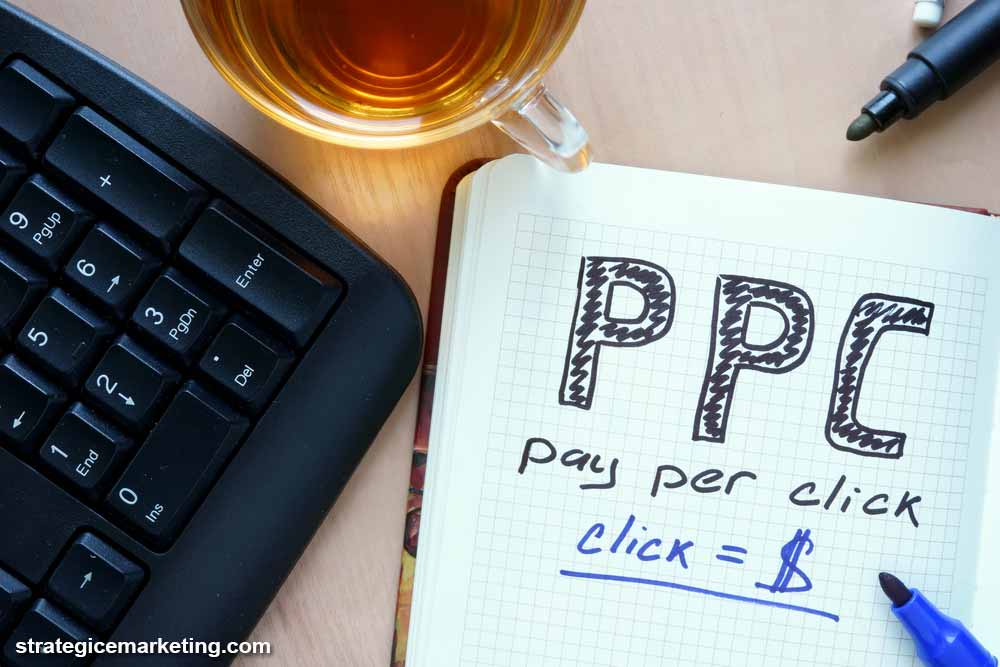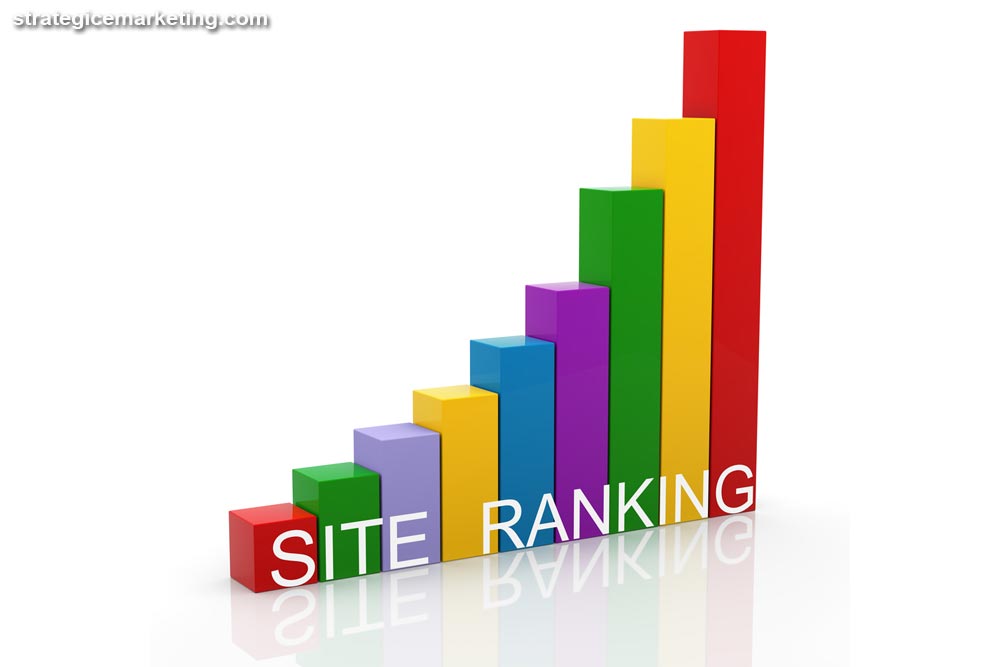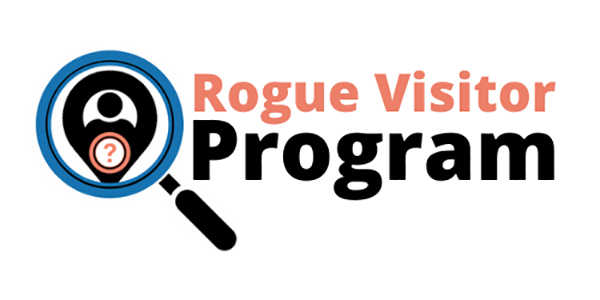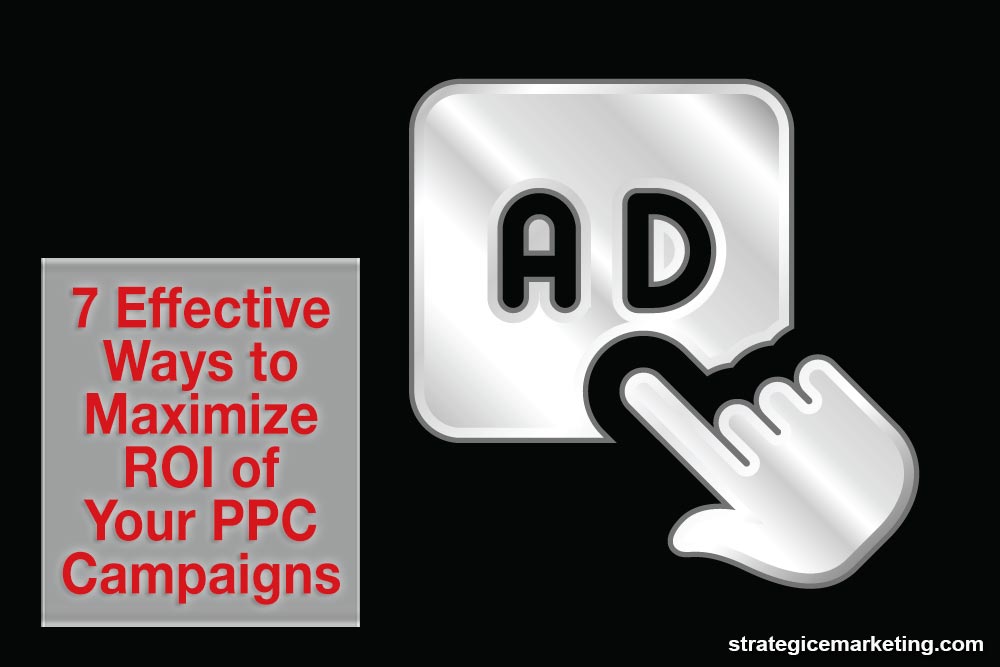If you are somewhat versed in digital marketing, chances are you have come across the term PPC or Pay-Per-Click. PPC is a type of online advertising that allows businesses to display ads on search engines, social media platforms, and websites. PPC is very important because this is where ROI comes into play for your business.
The great thing about PPC is that you only have to pay when someone clicks on your ad. That said, PPC can be an effective way to reach your target market and grow your business. Here are seven ways you can maximize the ROI of your PPC campaigns:
Determine your goals
Every campaign starts with a goal, and your PPC campaign should be no different. You need to know what you want to achieve with your PPC campaign before starting. Are you looking to increase brand awareness? Drive traffic to your website? Make more sales? Once you know your goals, you can start planning your PPC strategy.

Identify the right keywords
Once you have set your goals, you need to identify the right keywords for your PPC campaign. This involves doing keyword research and using tools like Google\’s Keyword Planner Tool to find your business\’ best and most relevant keywords. Identifying the right keywords is important because it will help you target the right audience. It will also help your PPC ads rank higher on search engines.
Expand on those keywords
Once you have identified the right keywords for your PPC campaign, you need to work on expanding upon them. This means coming up with relevant ad copy that is compelling and persuasive and a well-designed ad that is eye-catching. You want your PPC ads to stand out from the rest, and expanding on your keywords is a great way to do that.
There are a lot of PPC ads out there with the same content and intent as yours, and if you want your PPC ad to be successful, you need to make sure it is different. Your PPC ad should be better than the rest, and expanding on your keywords is a great way to make that happen.

Prioritize your chosen keywords
Once you have chosen the keywords for your PPC campaign, you must prioritize them. You need to target the most relevant and popular keywords first. You can use helpful apps such as Google AdWords\’ Keyword Planner Tool to help you find the most popular keywords for your PPC campaign.
Understandably, you might be overwhelmed because there are a lot of keywords to choose from, but prioritizing your chosen keywords will help you focus your PPC campaign and get the most out of it.
Determine the desired conversion action
The next step is to determine the desired conversion action for your PPC campaign. This means that you need to have a clear idea of what action your PPC ad should lead people to take. Do you want them to sign up and subscribe to your newsletter? Make a purchase? Download an ebook? Once you know this, setting up tracking and retargeting campaigns will be much easier.
Set up proper tracking
Tracking is essential for any PPC campaign. Without tracking, you won’t be able to see how your PPC campaign is performing or what needs to be improved. There are a lot of productivity and tracking tools out there. Still, Google Analytics is one of the most popular and effective ones. You need to set up proper tracking to see how your PPC campaign is performing and make the necessary changes to improve it. Without tracking, you are essentially flying blind, and that is not a good way to run a PPC campaign.


Set up a retargeting campaign for website visitors
Retargeting is known as a great way to increase the ROI of your PPC campaign. Retargeting allows you to target individuals who have visited your website. It can be a very effective way to increase your PPC results.
With retargeting, you are essentially bringing back people interested in your PPC ad but did not convert on the first visit. Retargeting is a powerful tool that should not be overlooked when running a PPC campaign. Without retargeting, you are leaving many potential businesses on the table.
Why is this important?
Following these steps can be very beneficial to your PPC campaign in many different ways. For one, it can help you save money. PPC campaigns can be expensive, and if you are not careful, you can easily spend a lot more money than you need to.
By following these steps, you can ensure that your PPC campaign is as effective as possible and that you are not wasting your money. Additionally, these steps can help you increase your PPC campaign\’s ROI. If you are not happy with the results of your PPC campaign, following these steps can help you turn things around and start seeing the results you want.
PPC campaigns can be a great way to drive traffic to your website and generate leads or sales. However, they can also be very expensive, so you really need to make sure that you can milk the ROI out of your PPC campaign so that you can get every cent you have invested in it.
Benefits of a Successful PPC Campaign
Retargeting is known as a great way to increase the ROI of your PPC campaign. Retargeting allows you to target individuals who have visited your website. It can be a very effective way to increase your PPC results. With retargeting, you are essentially bringing back people interested in your PPC ad but did not convert on the first visit.

Another benefit of a successful PPC campaign is that it can help improve your brand\’s recognition. If people see your PPC ads and click on them, they will be more likely to remember your brand. This can lead to more realistic and organic traffic and even more sales in the long run.
A successful PPC campaign can also help you build trust with your target audience. If people see that you are running a PPC campaign, they will know that you are serious about your business and willing to invest in it. This can help build trust and credibility, leading to more sales down the road.
Conclusion
PPC is a powerful marketing tool that can be very beneficial for your business, but only if used correctly. By following these seven steps, you can increase the ROI of your PPC campaign and get the most out of it. If you follow these steps, you increase the success of your PPC campaign.

